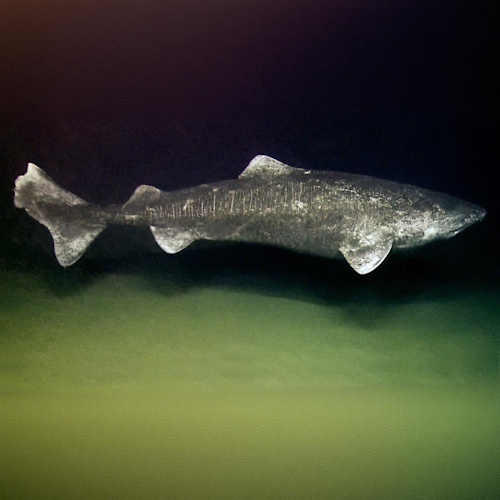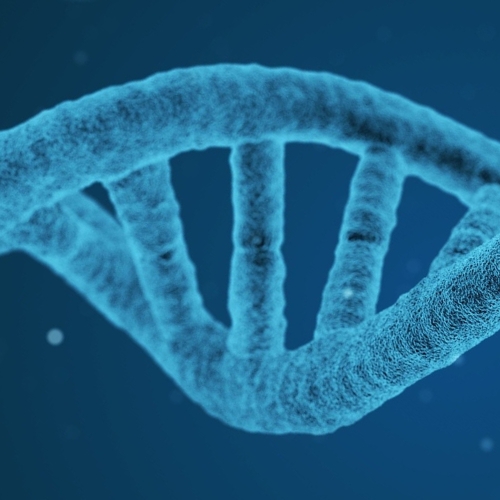Key points from article :
Greenland sharks, the longest-living vertebrates, are believed to live up to 400 years, far surpassing the lifespan of other sharks. Scientists have been investigating the genome of these deep-sea giants to understand the secret behind their incredible longevity. In a new study, researchers compiled the most complete Greenland shark genome ever, revealing intriguing insights.
The shark’s genome is massive and packed with repetitive sequences, including retrotransposons, which are remnants of ancient viral DNA. Retrotransposons can cause DNA damage and are linked to ageing, but Greenland sharks seem to have evolved mechanisms to counteract their effects. The study found that Greenland sharks share a highly conserved genome structure with other sharks, despite diverging from them 250 million years ago.
One of the key findings was the duplication of 81 genes in the Greenland shark, compared to other related species, which are linked to DNA repair. These genes appear to form a network controlled by the p53 gene, a critical regulator of DNA repair and tumour suppression. Although p53 exists as a single copy in Greenland sharks, it carries a unique mutation that might play a role in their longevity.
Researchers speculate that the abundance of retrotransposons in the Greenland shark’s genome may have driven the evolution of advanced DNA repair mechanisms, creating an "arms race" between retrotransposons and the shark's ability to fix DNA damage. This discovery provides a potential explanation for the shark's exceptional lifespan and opens new avenues for further research into ageing and longevity.






